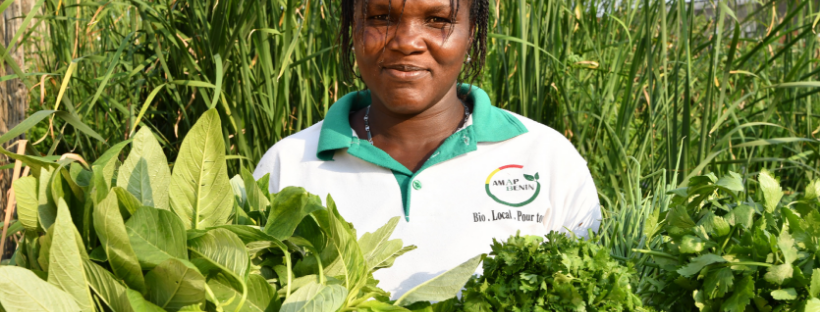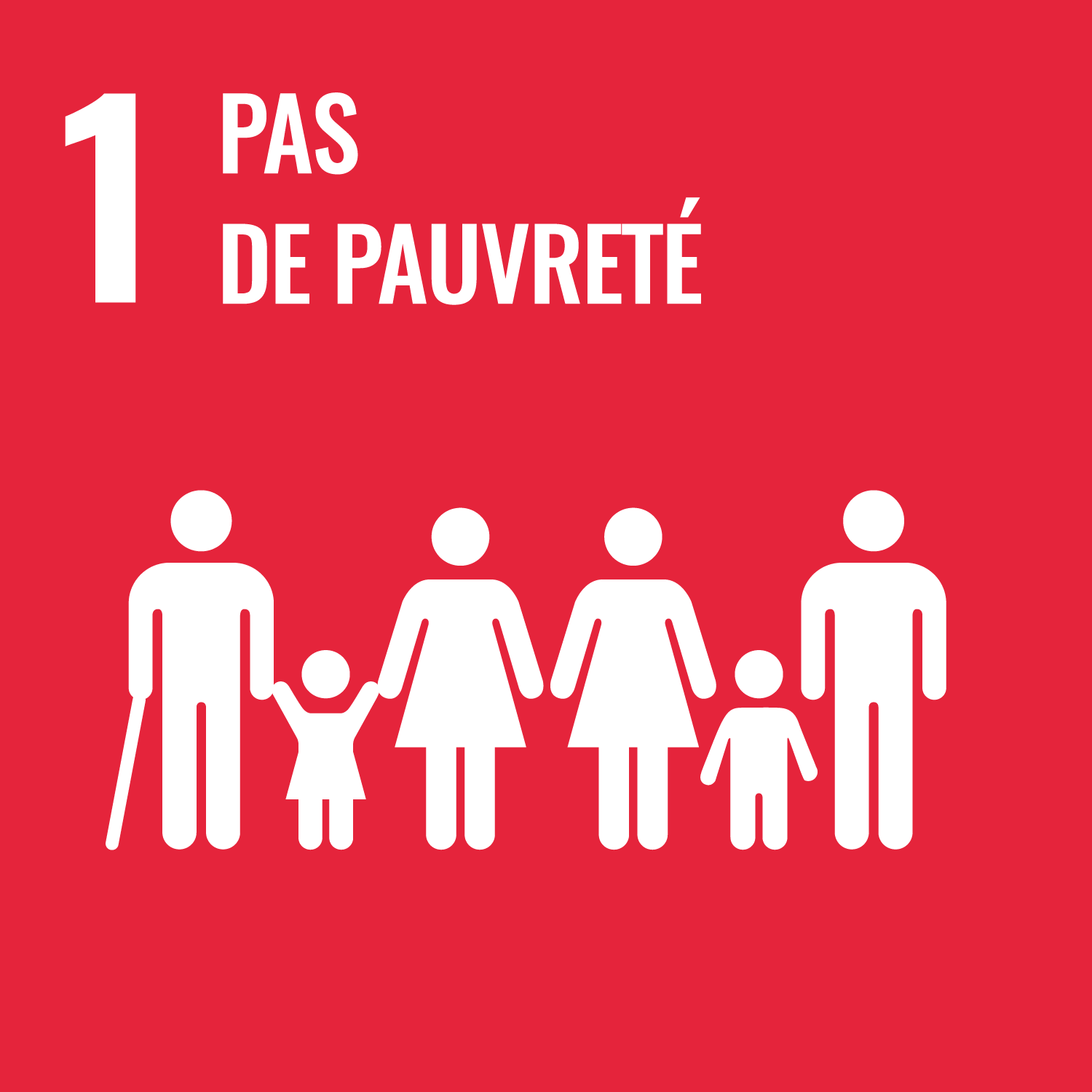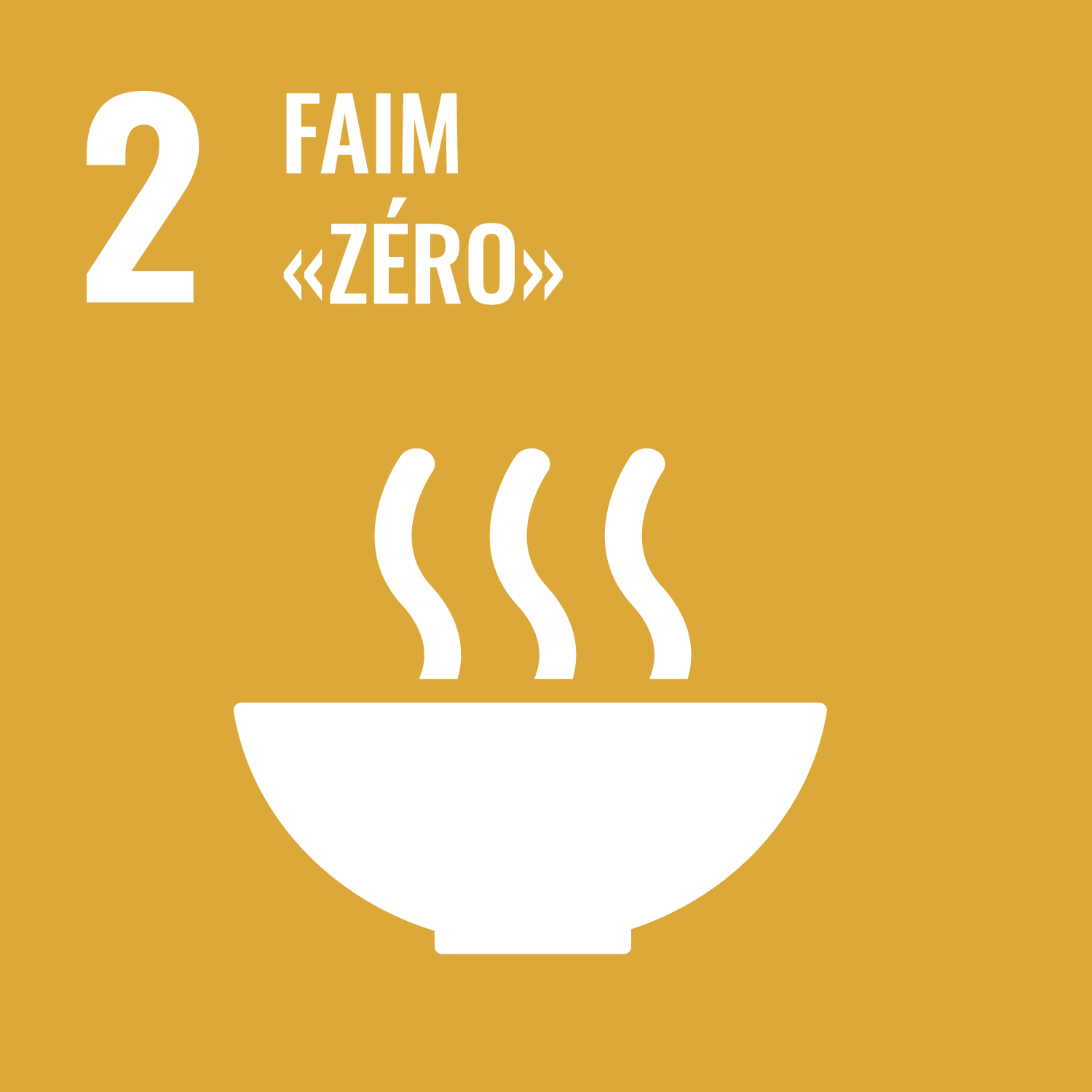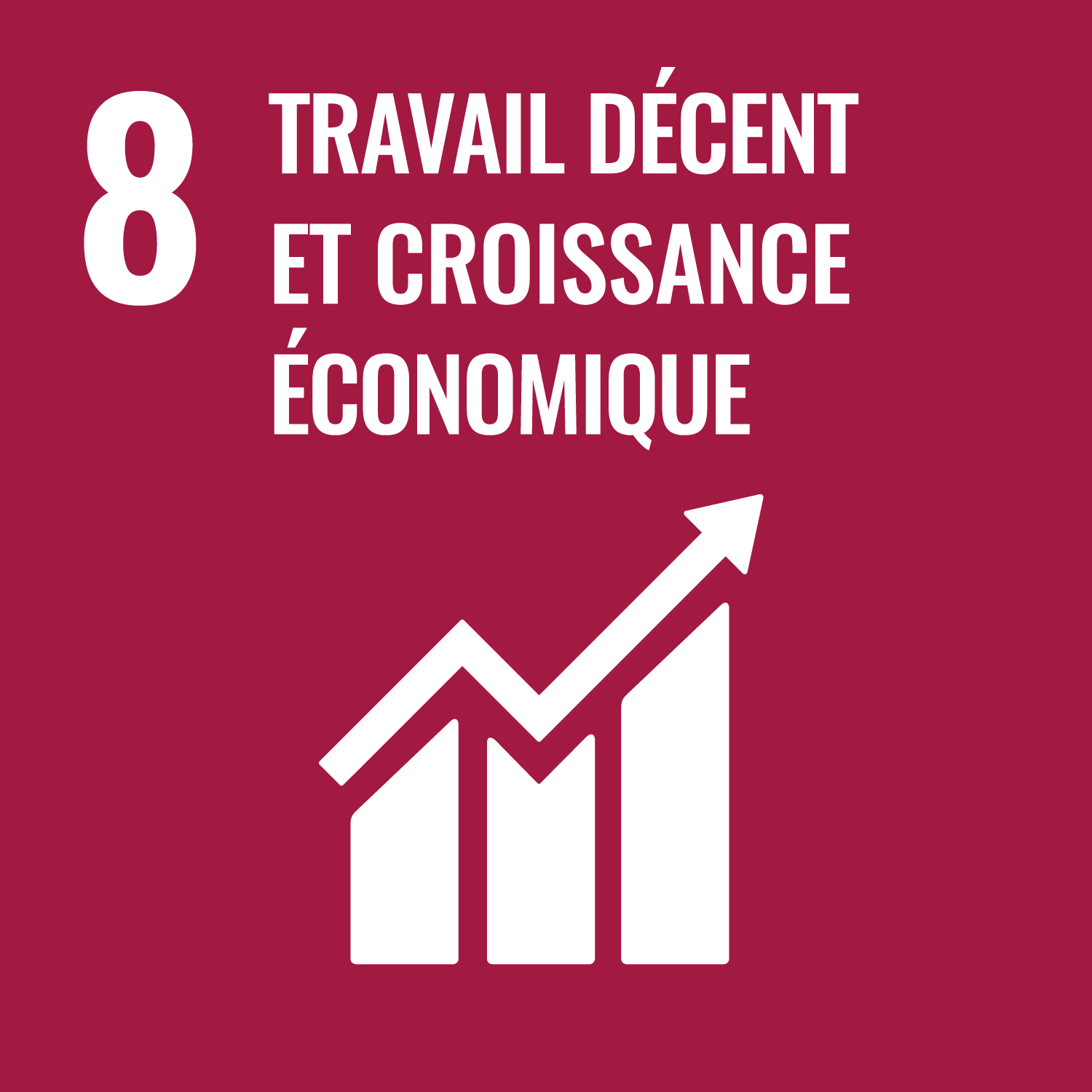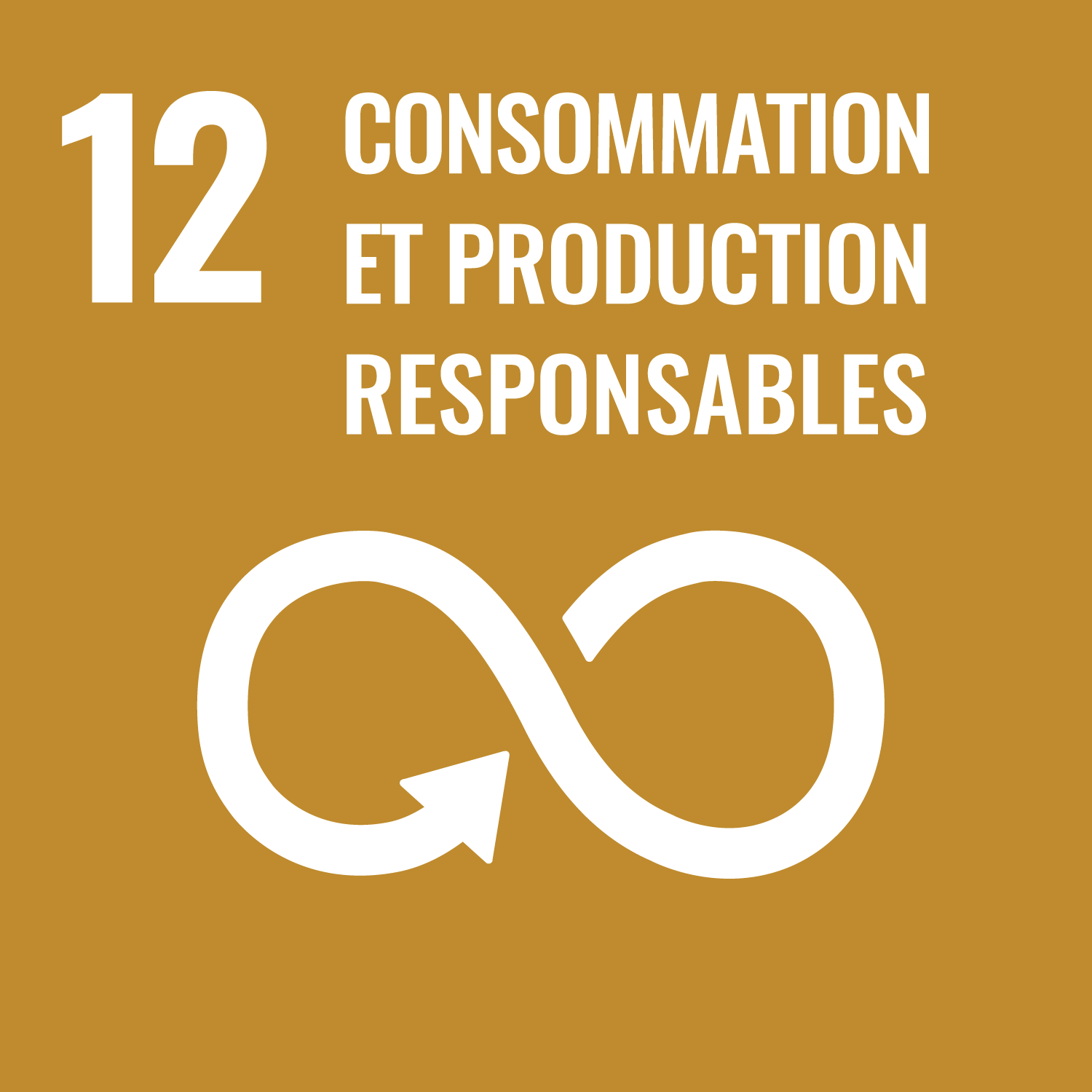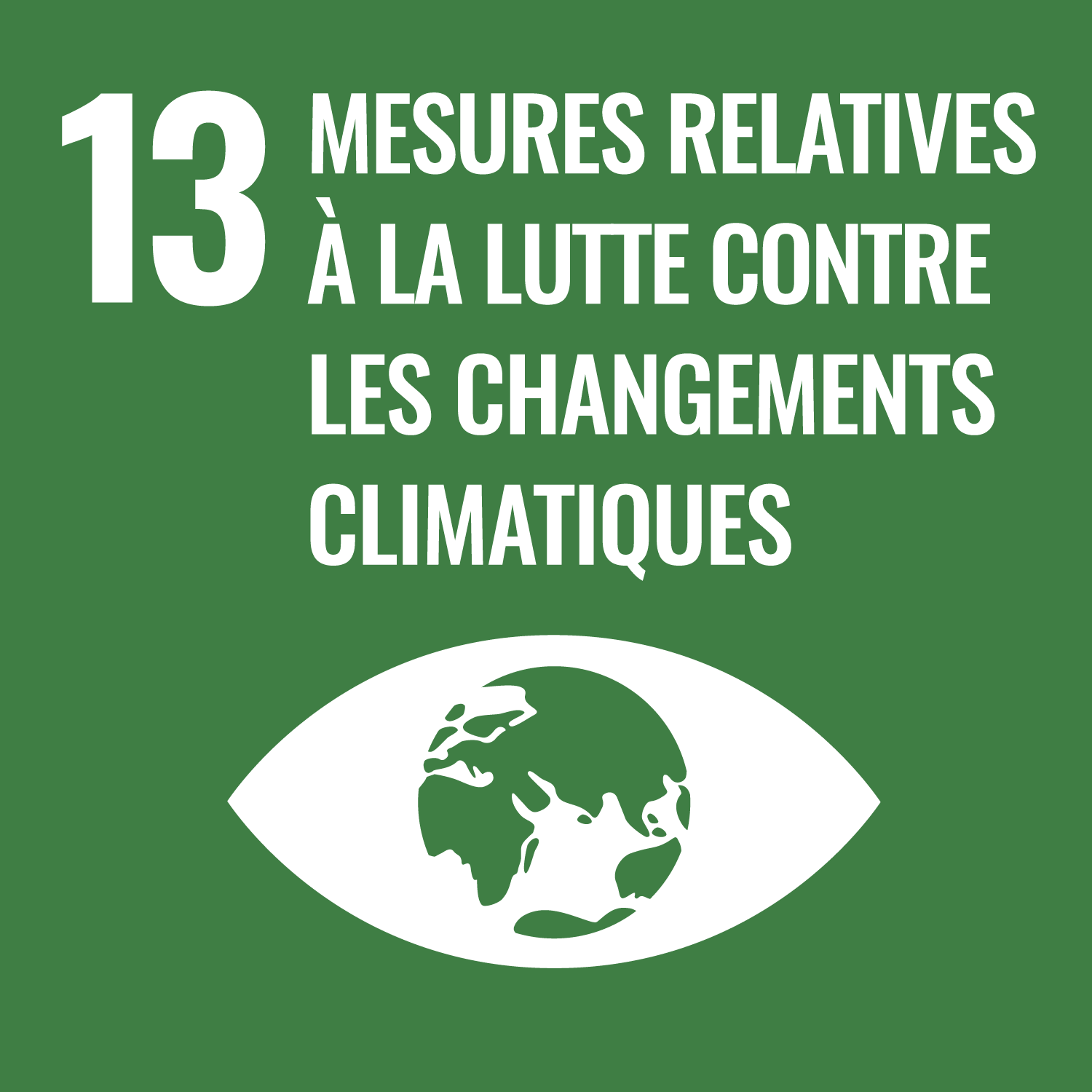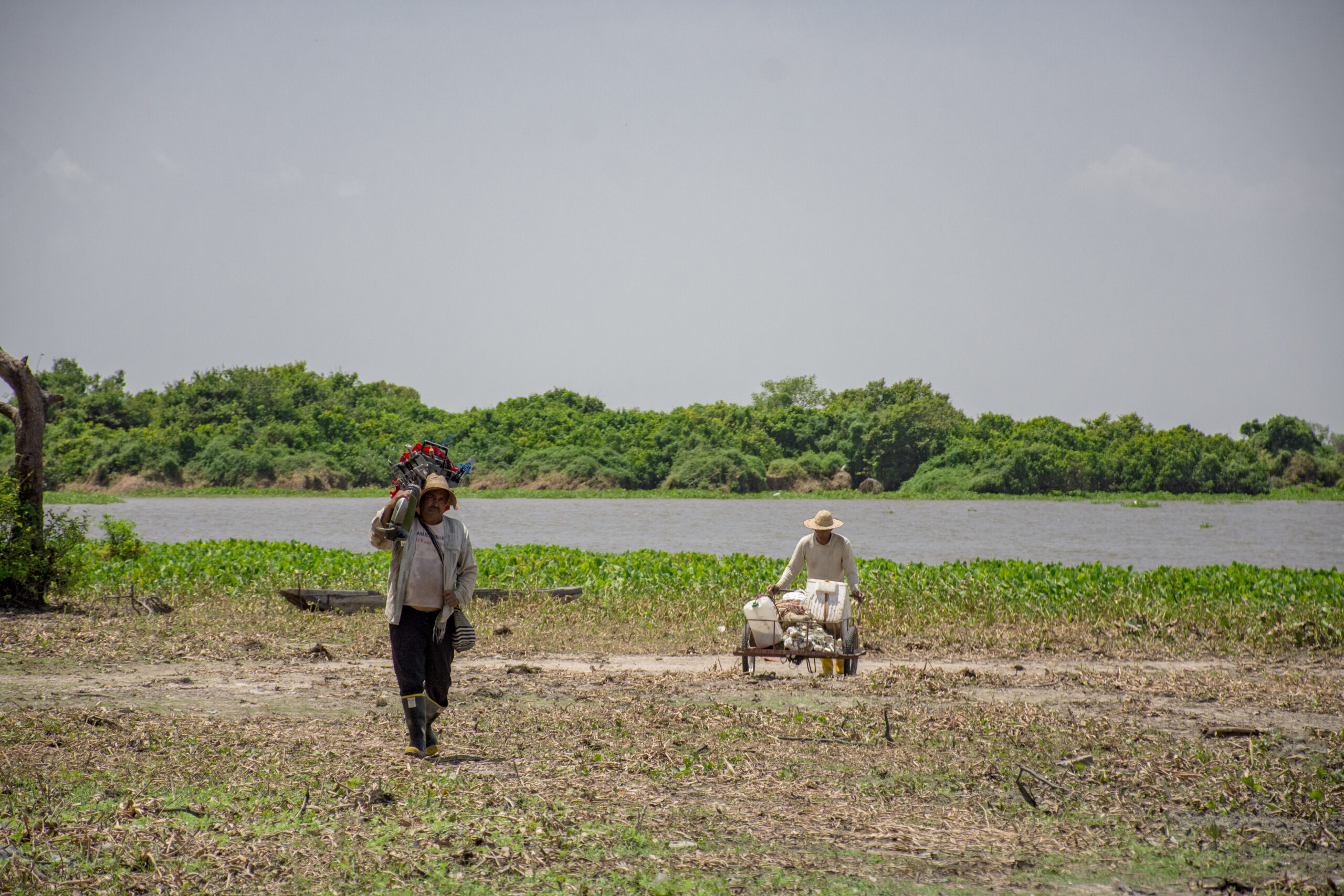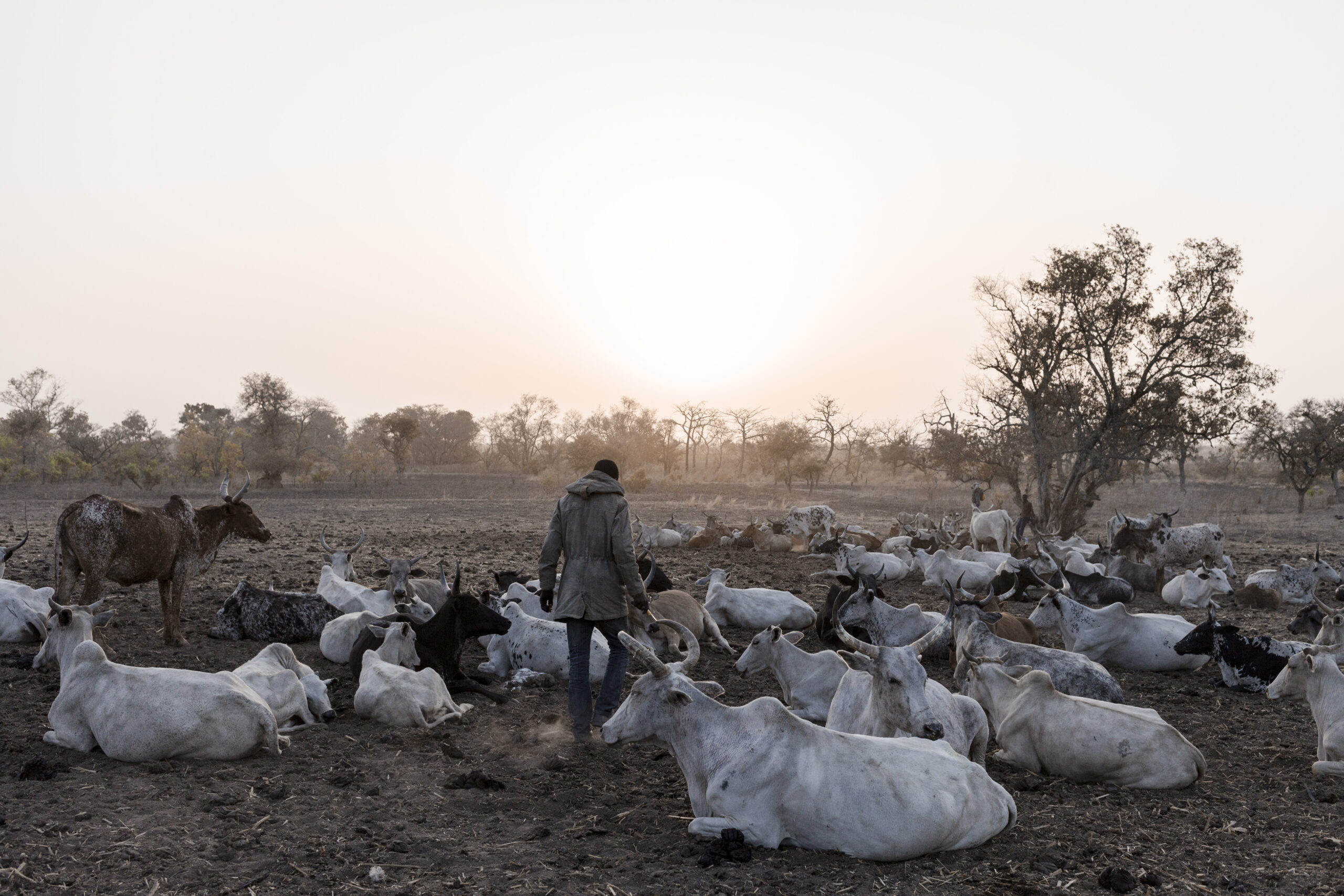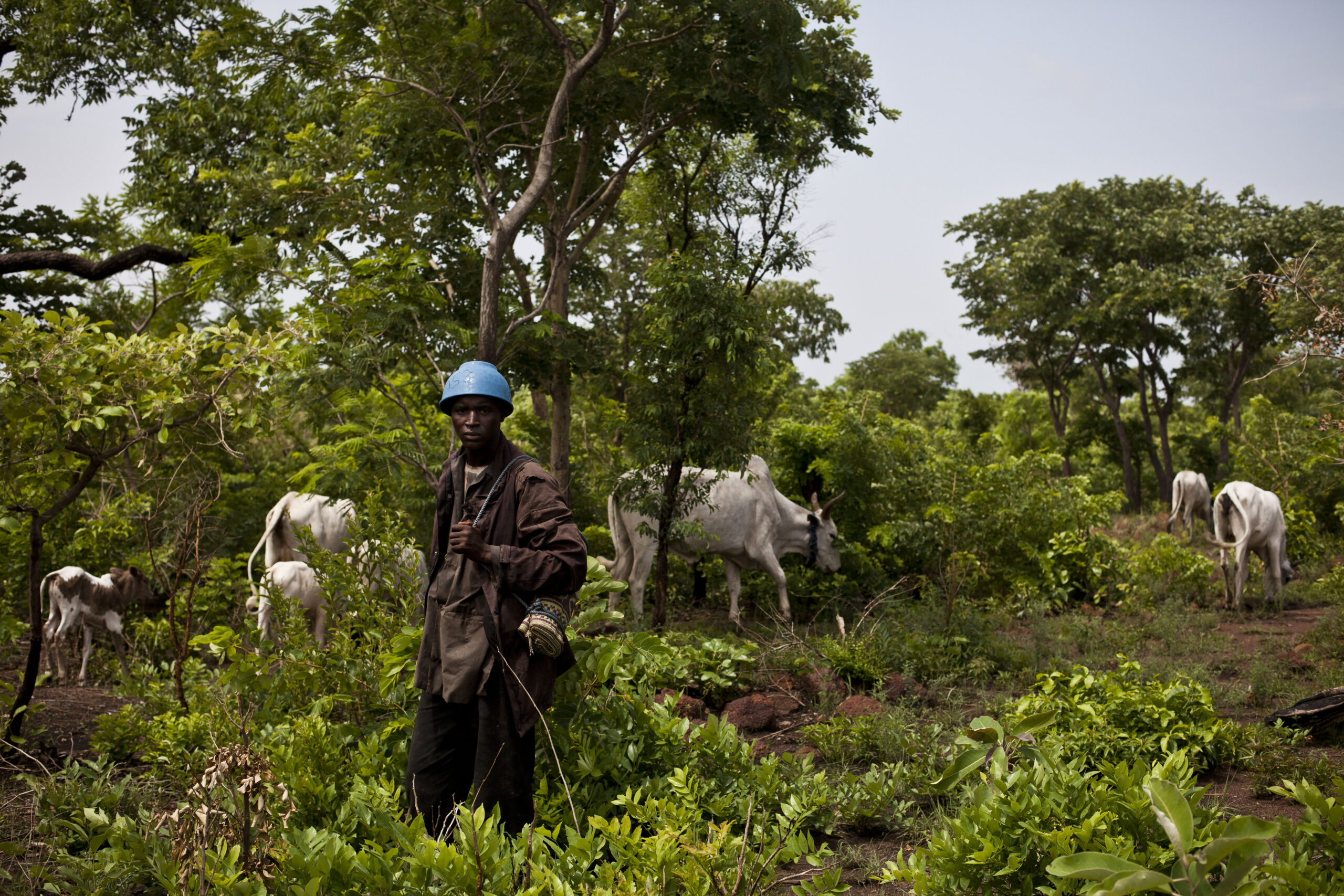Helping 1,500 producers and 200 processors boost their production volume and income
The agricultural sector in Togo and Benin has enormous potential but is currently underexploited. The rapid growth of cities has created a major outlet for local production and offers stable and sustainable income for smallholder families. But competition from imported foods and new consumption habits have created two challenges: adapting the production of small producers to meet demand from cities for innovative, high-quality products; and teaching buyers about the importance of consuming locally and responsibly.
Project overview
The project aims to address these challenges by building lasting and fair partnerships between producer/processor organisations and private buyers to expand market share for local agricultural products. To do so, Acting for Life works with producer organisations in southern Togo and Benin to help them improve their professional skills and gain recognition and greater negotiating power in dealings with private buyers. Contractual agreements between farmers and businesses help strengthen agricultural supply chains and improve producers’ standard of living.
In Benin, Acting for Life has been working with the organic producers of AMAP Benin (smallholder-farming association) since 2018 to help them supply the production centres of the catering company Servair, which supplies restaurants in the capital city. The project helps AMAP members improve their production and marketing capacities so that they can start to identify and reach out to new potential buyers.
In Togo, Acting for Life has been working since 2016 to promote processed local foods by securing outlets for processing facilities and trying to persuade decision-makers to support local consumption. The project also helps the producers of AMAP Togo build a lasting partnership with Servair Togo, which supplies airlines and restaurants in the capital city.
Objectives
- improve quality, regularity/stability of supply and production volumes;
- increase the number of organic-certified producers;
- add value to agricultural products through processing;
- centralise product distribution by setting up a distribution centre;
- facilitate the marketing of local agricultural products to institutional buyers;
- create fair and lasting partnerships between producer/processor organisations and institutional buyers;
- involve consumers in the massive consumption of local products;
- encourage public authorities to order locally, and promote local products.
Key figures and results
-
- 800 producers and 50 processors in Benin, and 700 producers and 150 processors in Togo, have increased their production volume and tripled their income;
- At least 5 stable and fair partnerships have been established with private buyers in Benin and Togo;
- Promotional events and awareness-raising campaigns have been organised on local and organic consumption, targeting consumers and public authorities.
